Search Results
Showing results 41 to 60 of 901
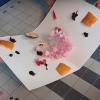
Nature Painting
Source Institutions
In this activity learners will create paint out of natural materials. Explore your natural world (or your fridge) and find berries, leaves, or flowers to find a great base for your paint.
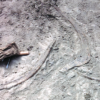
Kelsey: Clues of the Dig Site Map
Source Institutions
In this activity, learners explore dinosaur fossils and a dig site. Learners work in groups to analyze a dig site map and match bones to a skeletal drawing of Kelsey (a Triceratops).
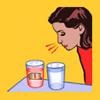
Shark Sense of Smell
Source Institutions
This is an activity about our sense of smell and how it compares to sharks' super noses. Learners will create varying solutions of water and perfume.
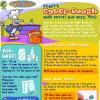
Digit's Cyber-Dough
Source Institutions
In this fun hands-on activity, learners whip up a batch of cyber-dough (play dough) using math for measurements.
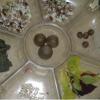
Glove Gardens
Source Institutions
In this activity, learners create a garden in a disposable glove. They learn about the conditions necessary to make the seeds sprout and actively participate in caring for their plants.

Separation Anxiety
Source Institutions
In this activity, learners discover the primary physical properties used to separate pure substances from mixtures.

Create a Dinosaur Name
Source Institutions
In this activity, learners explore how dinosaurs are named and what their names mean. Learners listen to "The Littlest Dinosaurs" by Bernard Most.
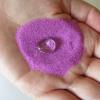
Exploring Products: Nano Sand
Source Institutions
In this activity, learners explore how water behaves differently when it comes in contact with "nano sand" and regular sand.
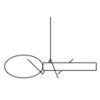
Charge Challenge
Source Institutions
In this activity, learners explore how objects can have positive, negative, or neutral charges, which attract, repel and move between objects.
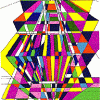
Our Sense of Sight: Color Vision
Source Institutions
In this activity, learners investigate color vision as well as plan and conduct their own experiments.
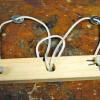
Two Washers
Source Institutions
In this activity, learners create a mind and math puzzle that requires a three-dimensional solution.
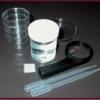
Planaria Regeneration
Source Institutions
In this experiment with planaria (a type of flatworm), learners will investigate the capability of different body sections to regenerate.
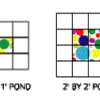
Paths and Ponds
Source Institutions
In this activity, learners use squares to figure out how many border tiles are needed to enclose different areas.
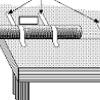
Making a One-Second Timer
Source Institutions
This lab activity has learners create a pendulum with a one-second period.

M&M's in Different Temperatures
Source Institutions
Learners design their own experiment to investigate whether the temperature of the surrounding water affects the rate at which the colored coating dissolves from an M&M.
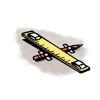
Comparing the Density of an Object to the Density of Water
Source Institutions
Learners compare the weight of equal volumes of wax, water, and clay. Learners discover that since the wax weighs less than an equal volume of water, it is less dense than water and will float.

Beaded Braids: Investigating Patterns & Ratios
Source Institutions
In this activity learners create patterns of hair beads.

Boomerang
Source Institutions
Learners trace, cut out and fly a boomerang, outdoors or in a large indoor space.
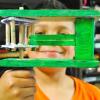
Matraca
Source Institutions
In this activity, learners create a traditional Mexican noisemaker (a matraca) using cardboard, craft sticks, and a wooden dowel.
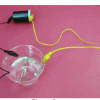
Electroplating
Source Institutions
In this electrochemistry activity, learners will explore two examples of electroplating.
